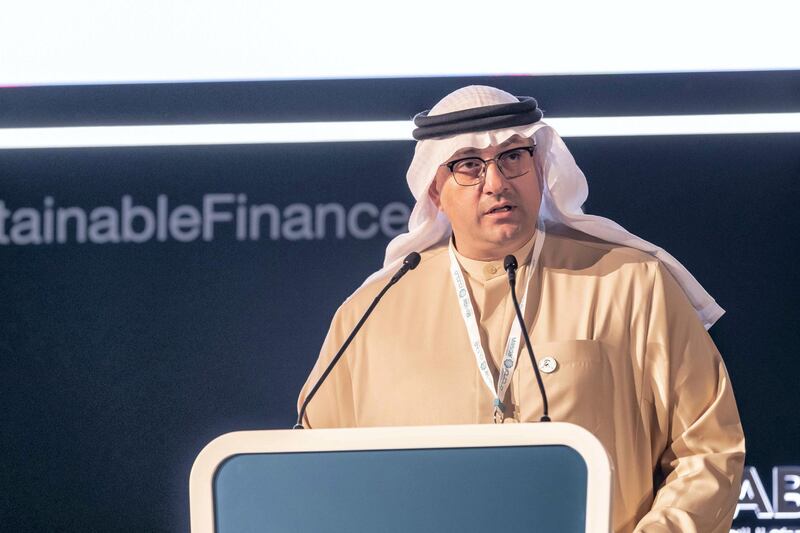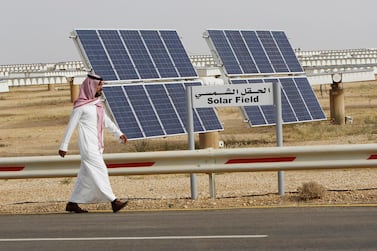Abu Dhabi’s clean energy company Masdar is planning to develop a waste-to-energy plant in Australia, which will be the company’s first in the country, according to its chief executive Mohamed Al Ramahi. The total cost of the project is 511 million Australian dollars (Dh1.3 billion).
Masdar and Abu Dhabi advisory and development company Tribe Infrastructure Group have invested through their Abu Dhabi Global Market-based joint venture, Masdar Tribe Energy Holdings.
Masdar has acquired a 40 per cent stake in the project. Other international partners include Spain’s Acciona, Japan’s Hitachi Zosen and John Laing Investments.
“This is our first entry into Australia and hopefully, we will grow our presence with more projects. We have concluded financial close and the project is currently under construction,” Mr Al Ramahi said in Abu Dhabi on the sidelines of the World Future Energy Summit.
Financial close on the plant, the East Rockingham Resource Recovery Facility, was completed at the end of last month and construction work has already started. It is expected to complete by the end of 2022.
The new plant will be based in the Rockinghan Industry Zone, some 40km south of Perth in Western Australia. It will treat around 300,000 tonnes of municipal and industrial waste and 30,000 tonnes of biosolids per year to generate around 29 megawatts of baseload green energy, which is enough to power more than 36,000 homes and displace more than 300,000 tonnes of carbon dioxide emissions per year.
The announcement of the new project comes as Masdar eyes expansion in different countries to boost its portfolio in clean energy. Last week, Masdar, signed an agreement with the Ministry of Energy of the Republic of Azerbaijan to design, finance, build and operate a 200-megawatt utility-scale solar photovoltaic (PV) project. Financial close on the project is targeted for the end of 2020, while commercial operation is expected to be achieved in 2022.
The solar project supports Azerbaijan’s target of producing 30 percent of its domestic power needs from renewable energy sources by 2030.
Masdar, also bought a 20 per cent stake in India's Hero Future Energies (HFE) company in 2019, as it looks to expand it footprint beyond the UAE.
Hero Future Energy is a division of the Munjal Family's Hero Group, whose main focus is motorbike manufacturing in Asia's third-largest economy.
HFE, whose existing operations are mostly in India, is eyeing new international markets, in the UK, Europe and Asia, including Bangladesh, Singapore, Vietnam, the Philippines and Indonesia.
“It is one of the largest renewable energy platforms in South Asia and in [the] near future, it will be one of the largest players in South East Asia as well.”
Masdar will also continue to expand in North America as well as in Saudi Arabia, Mr Al Ramahi said.
“US is a priority market and is one of the largest and best performing markets and we will continue positioning ourselves in North America, particularly in the United States.”
On Saudi Arabia, the company is developing the Dumat Al Jandal wind project, which is expected to be operational by the end of the year.
“We will continue progressing our development activity. We are very active in the kingdom through different auctions right now.”







